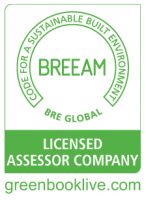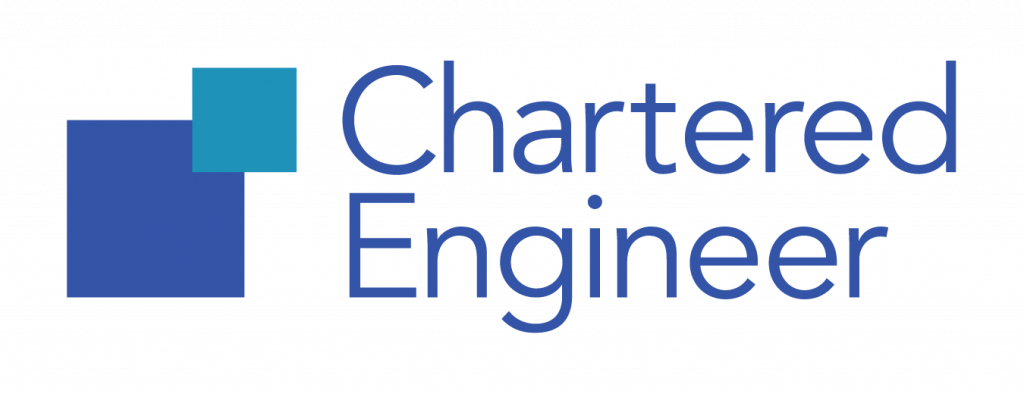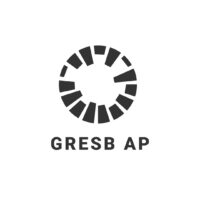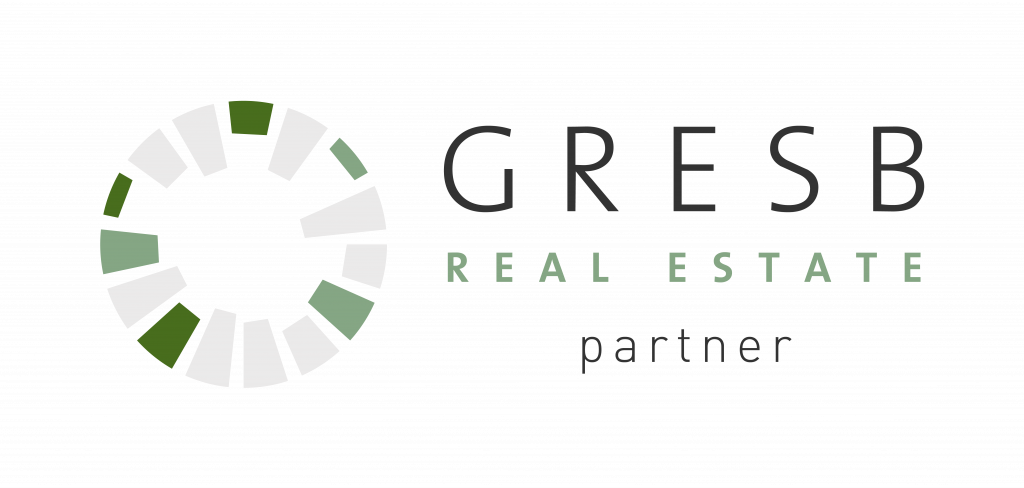Certified B corporations, or B Corps, are for-profit companies verified by B Lab to meet high standards of social and environmental performance, transparency and accountability. The B Lab is a not-for-profit network, created in 2006, that aims to inspire and enable people to use business as a force for good.
The B Corp Community is a global movement of businesses that provide leadership by demonstrating their commitment to people and the planet. There are now 4,459 B Corps in 77 countries and covering 153 industries.
B Corps are not “benefit corporations“, however a few years after achieving “certified B Corp” status a company may be required to file as benefit corporation if in the Country where they are registered this legal structure for businesses has been introduced.
Why certify as a B Corp?
Certifying as a B Corp can bring the following benefits:
- Improving impact through participation in working groups, sharing best practices and ongoing use of the B Impact Assessment (BIA) and the SDG Action Manager developed by B Lab and the United Nations Global Compact along with content advisors
- Collaborating with other B Corps, joining B Locals around the world and working together to find solutions to specific challenges
- Networking and attending exclusive community events
- Alignment with B Lab and the B Corp Community on global issues
- Engaging employees in the company’s purpose and mission and attracting and retaining talent
- Articulating the company’s mission externally – to investors, clients, customers and suppliers
Achieving B Corp certification
To achieve and maintain certification, all B Corps must:
- Complete the B Impact Assessment and achieve a verified total score of 80+ points. This is a free and confidential online tool used to measure a company’s impact on its workers, communities, customers, and the environment.
- Meet the B Corp legal requirement – amending Articles of Association to embed a commitment to consider the impact of decisions on all stakeholders
- Sign the B Corp Agreement and the Declaration of Interdependence.
- Publicly list their impact score on the B Lab Directory and recertify every three years.
What is the B Impact Assessment?
The BIA is a free and confidential online tool used to measure a company’s impact on its workers, communities, customers and the environment. Currently, over 150,00 businesses are using the BIA to measure and manage their impact.
Assessments are tailored to the company’s size, sector and location. Using data from the previous 12 months, participants will answer approximately 200 questions within the assessment, with responses verified by B Lab’s Independent Standards Team. To certify as a B Corp, participants must score a minimum of 80 points.
To be able to achieve certification, a company must be a for-profit company with at least a year of operations. Start-ups, with less than 12 months in operation, can use the BIA to achieve Pending B Corp status, rather than certifying as a B Corp. In contrast, large or complex businesses may be required to take multiple assessments.
The BIA is divided into 5 impact areas:
- Governance: Code of ethics; financial information disclosure; whistle-blower policy; mission and engagement
- Workers: Career development; health, wellness, and safety; tracking satisfaction and engagement
- Environment: Environmental management system; recycling materials; water, waste, and energy usage
- Community: Civic engagement and giving; diversity, equity, and inclusion; supply chain management
- Customers: Customer feedback or complaint mechanisms; regularly monitoring customer outcomes and wellbeing
Within each of the above impact areas, the BIA assesses impact in two ways:
- Operations: Most of the questions in the BIA relate to how a business operates on a daily basis. For example, how does the business manage waste, provide employee benefits or audit finances? These questions apply to all companies, independent of design or intent, and are aligned with other best-in-class standards.
- Impact Business Models (IBMs): If a business is already specifically designed to deliver high social or environmental impact, it may be scored on additional questions called IBMs. These questions are rare and go a level deeper, measuring the ways in which your business creates a specific positive benefit or outcome for one or more of your stakeholders. This might be through the products/services, a particular process or activity, or the structure of the business (e.g. supply chain poverty alleviation, conservation action, or serving those in need).
To achieve certification, businesses are also required to disclose any sensitive practices, fines or sanctions related to the company or partners in a Disclosure Questionnaire. This is confidential and whilst it is a review, it will not affect the numerical score on the BIA.
Over the years B Corps has also been criticised for framing accreditation as a substitute for good governance. Many B-Corps have run into issues and controversies, leading many to question the worth of corporation, with some fully certified B Corps even being accused by former staff as having a “rotten culture”.









